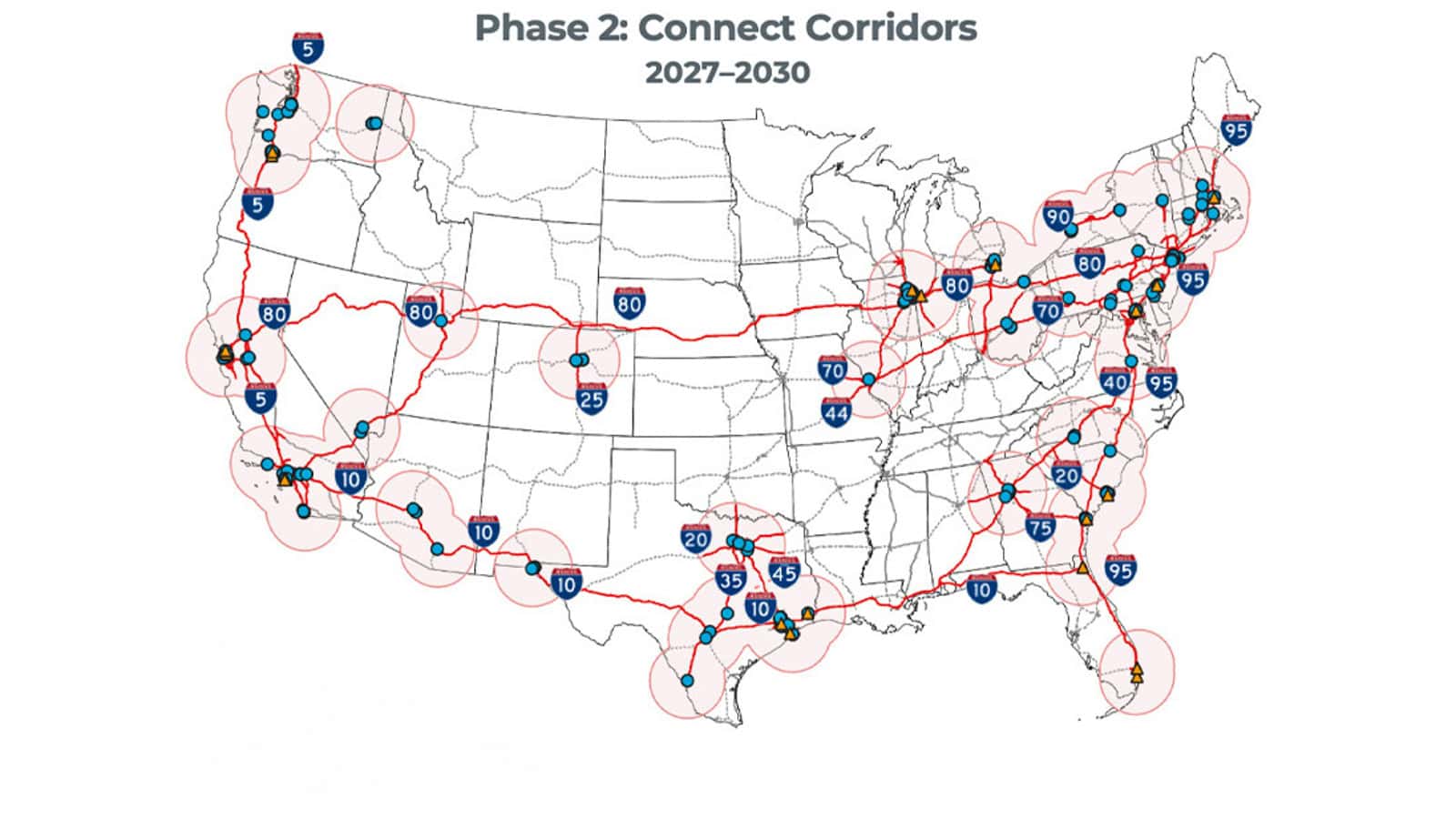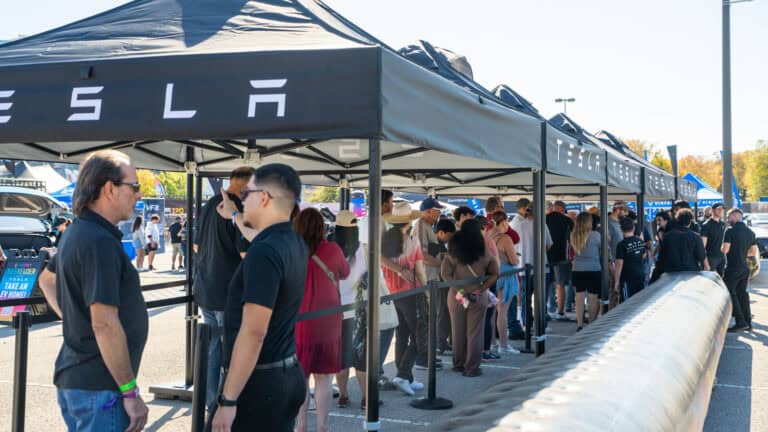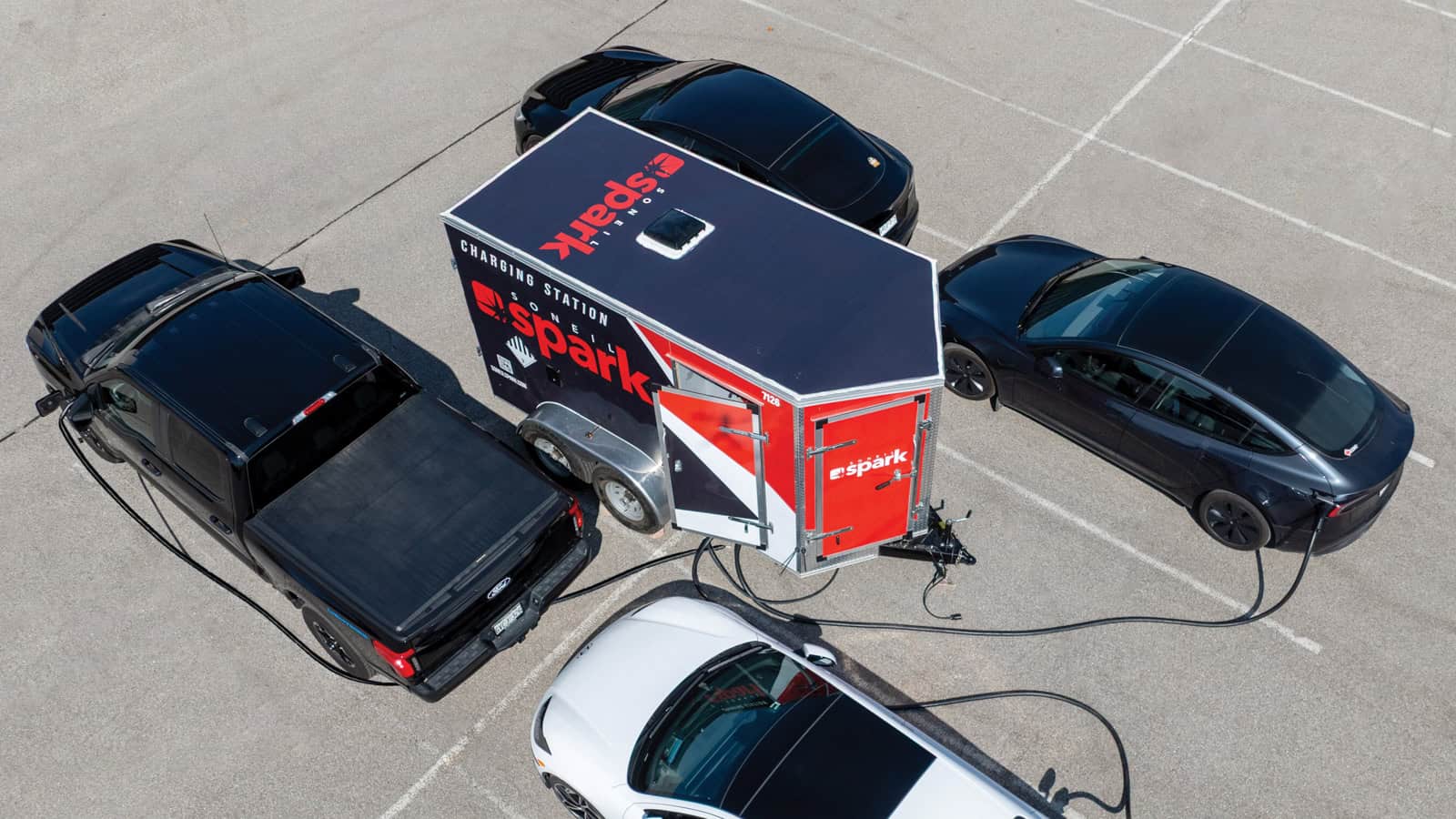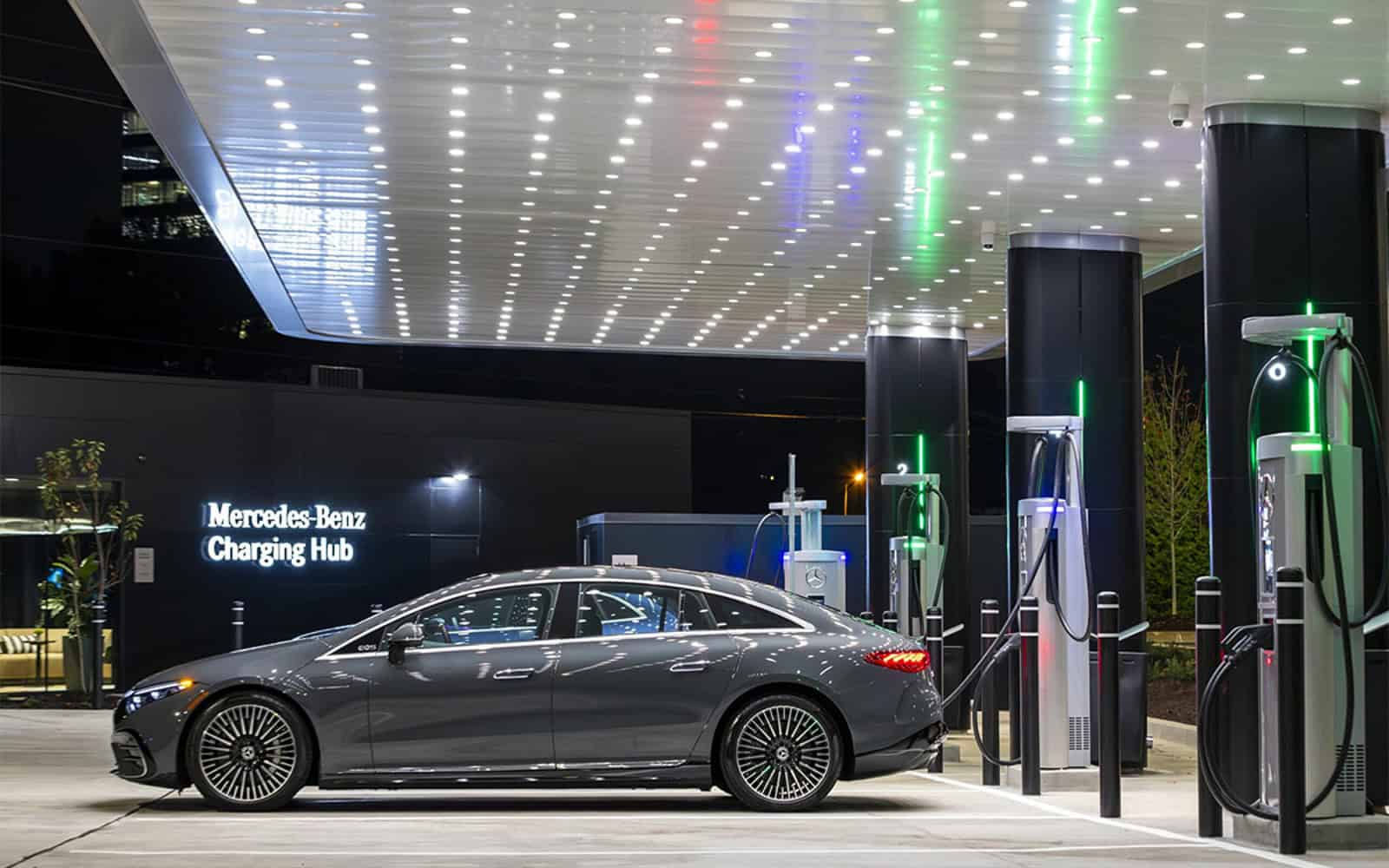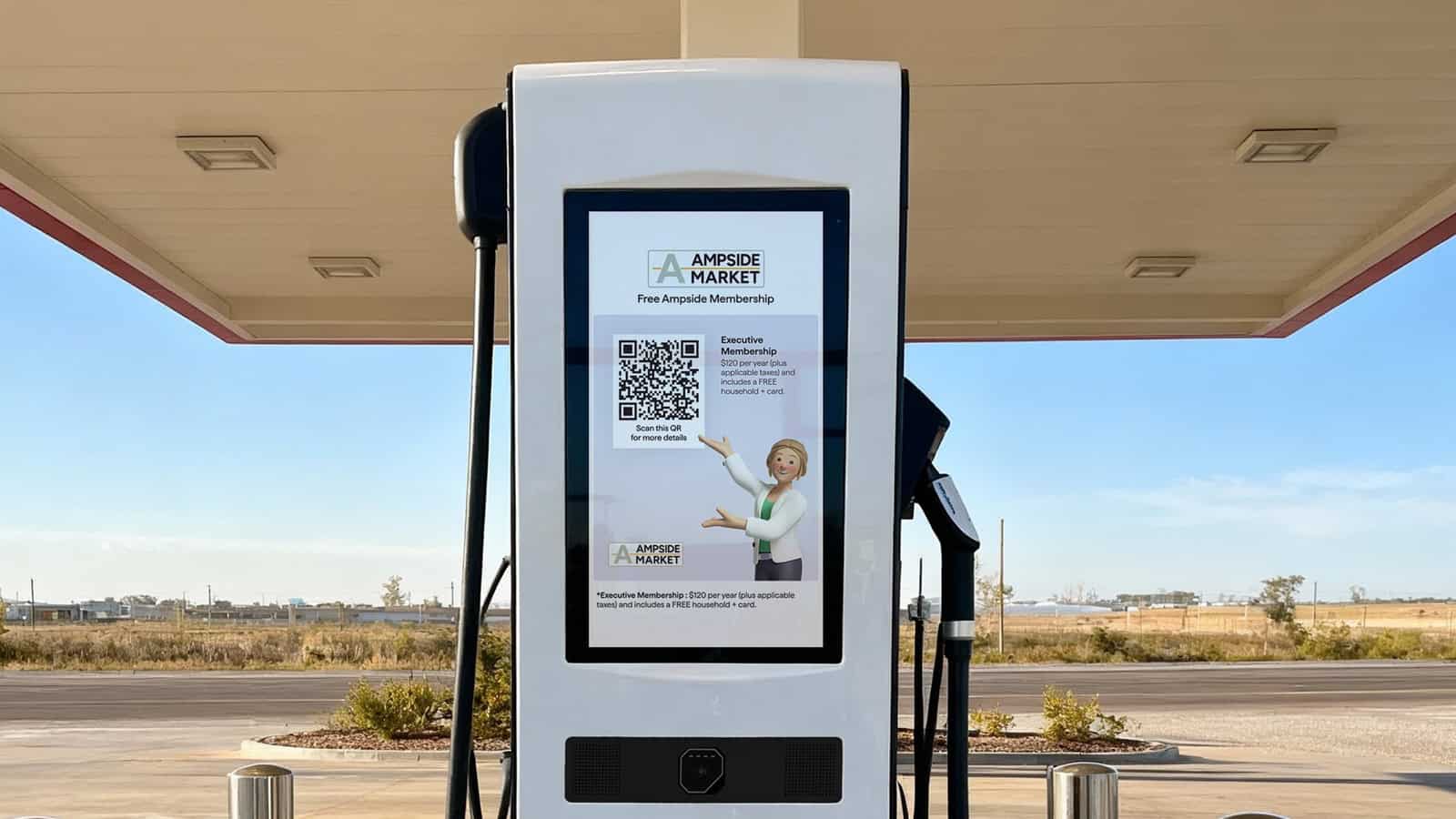- The Biden-Harris Administration’s $1.3 billion initiative is the largest ever for EV charging.
- The FHWA’s Charging and Fueling Infrastructure (CFI) program ensures diverse participation.
- Aligning with President Biden’s goal of 500,000 EV stations by 2030, CFI grants offer equitable distribution for urban and rural areas.
The Biden-Harris Administration has initiated a huge step towards upgrading America’s transportation infrastructure with the launch of a historic $1.3 billion funding to improve electric vehicle (EV) charging and alternative-fueling infrastructure. This initiative, supported by the Bipartisan Infrastructure Law, constitutes the largest single grant funding program for EV charging in American history. It’s all set to kickstart a shift in how we get around, pushing us towards more sustainable ways to get around, especially in cities, small towns, and key transportation arteries such as highways and interstates.
ADVERTISEMENT
At the heart of this initiative lies the $2.5 billion Charging and Fueling Infrastructure (CFI) Discretionary Grant Program, supplemented by resources from the National Electric Vehicle Infrastructure (NEVI) Formula Program earmarked for strategic grants to states and local governments. Under the watch of the Federal Highway Administration (FHWA), the CFI program welcomes a wide range of participants, including state, regional, Tribal, and local governments. This inclusive approach guarantees that communities of all kinds throughout the country can reap the rewards of switching to cleaner transportation.
The Administration’s charging strategy is fabricated into the CFI program, which targets key issues in charging infrastructure, especially in places like apartment complexes and busy spots. Also, by offering funding to those who can’t get NEVI support, the program shows a dedication to fair access, crucial for making sure everyone can join the EV movement. Plus, CFI investments boost zero-emission freight infrastructure, aligning with the National Zero-Emission Freight Strategy and helping to cut down on transportation emissions overall.
The plan for a network of Level 2 and DC fast EV chargers stretching across the country offers more than just convenience. It also brings significant environmental and economic benefits. By building a strong network of charging stations, the initiative makes it easier for more people to switch to EVs, in line with President Biden’s goal of having 500,000 public EV charging stations nationwide and cutting down on greenhouse gas emissions by 2030.
ADVERTISEMENT
The impact of the previous round of CFI funding, released in January 2024, highlights the pressing demand for expanded charging infrastructure. With 47 projects across 22 states and Puerto Rico, facilitating the construction of approximately 7,500 EV charging ports, the initiative received applications six times exceeding the available funding. In a bid to address this shortfall, the current announcement reserves over $520 million for reconsideration of unselected first-round applicants, signaling a commitment to maximizing the efficacy of federal investments.
Structured around two distinct grant funding categories – Community Charging and Fueling Grants, and Alternative Fuel Corridor Grants – the CFI program mandates equitable distribution of funds over five years, with 50% allocated to each category. By strategically deploying charging infrastructure in both urban and rural settings, as well as along designated Alternative Fuel Corridors, the initiative seeks to bridge geographical disparities in access to clean transportation solutions.
A wide range of stakeholders, such as states, metropolitan planning organizations, local governments, and Indian Tribes, are eligible for CFI grants. Detailed project plans, outlining opportunities in both grant categories, are provided in a Notice of Funding Opportunity released with the announcement. Interested parties are encouraged to submit their proposals through grants.gov by the deadline of August 28, 2024. Applicants who were not selected in the initial round have the chance to request a reconsideration of their submissions by emailing FHWA before July 1, 2024.
To explain the details of this funding initiative, the Joint Office and FHWA will hold two public webinars soon. The first webinar, set for June 6, 2024, will give a thorough overview of the CFI Grant NOFO. The second webinar, scheduled for June 11, 2024, will focus on reconsidering Round 1 applications. The goal of these sessions is to offer valuable insights into the workings of the funding process, helping stakeholders to confidently navigate the application procedure.
ADVERTISEMENT

IMAGES: JOINT OFFICE
FTC: We use income-earning auto affiliate links. Learn more.


